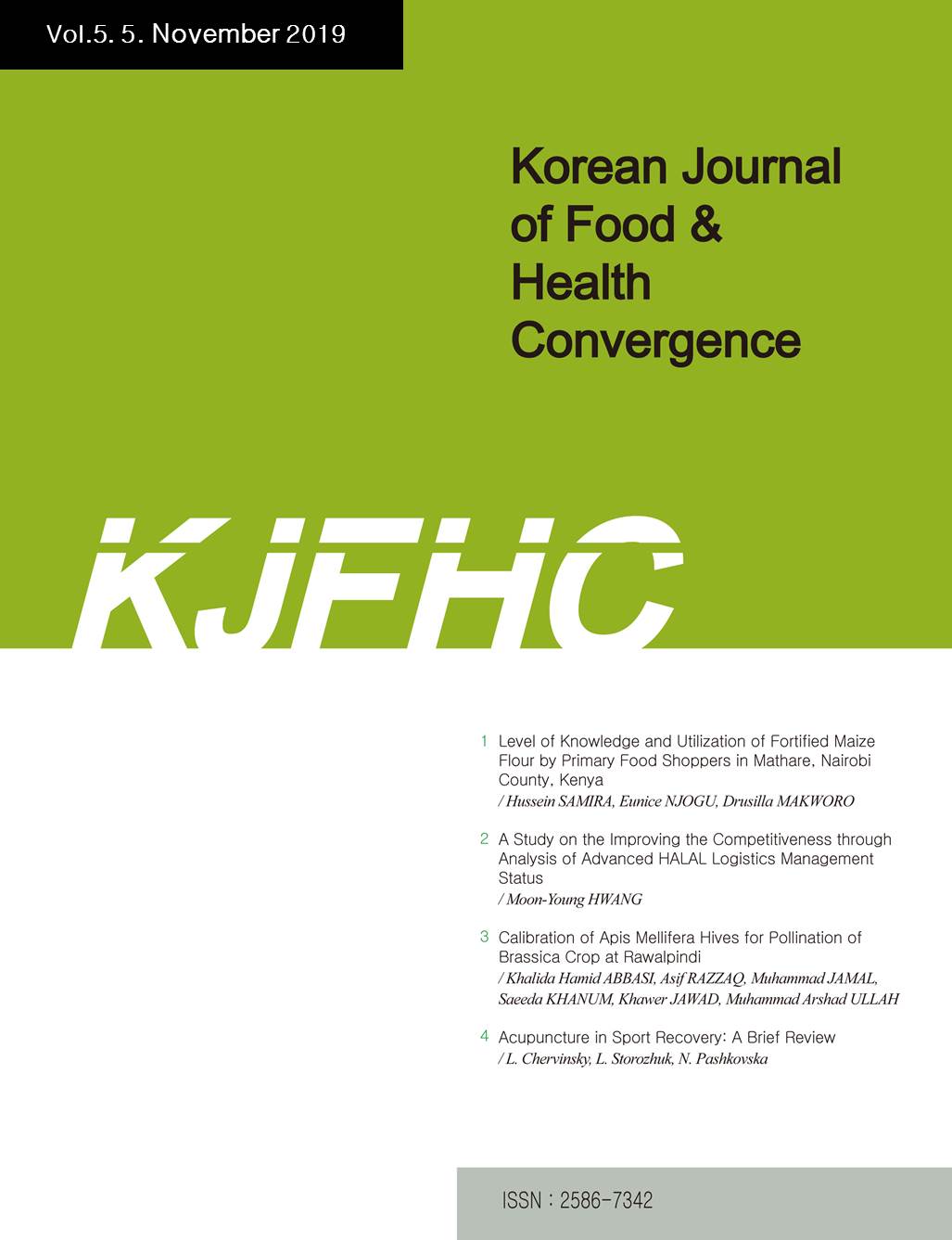The Silent Epidemic: A Comprehensive Analysis of Depression Among Korean College Students and Innovative Strategies for Intervention
The Silent Epidemic: A Comprehensive Analysis of Depression Among Korean College Students and Innovative Strategies for Intervention
Bo-Kyung SEO (Eulji University)
Abstract
This study investigates the increasing prevalence of depression among Korean college students, examining its multifaceted causes, impacts, and potential interventions. Through an extensive literature review, we analyze personal, academic, socioeconomic, and cultural factors contributing to this growing mental health crisis. Our findings reveal a significant upward trend in depression rates, particularly exacerbated by the COVID-19 pandemic, with unique manifestations including somatic symptoms and achievement-oriented depression. The research highlights the complex interplay of factors such as academic stress, career anxiety, economic pressures, and cultural expectations that contribute to the high prevalence of depression in this population. We also identify a concerning low rate of help-seeking behavior among affected students, attributed to stigma and limited access to mental health services. The study critically evaluates current support systems, revealing inadequacies in both preventive and reactive measures. In response, we propose innovative intervention strategies, including enhancing mental health literacy, implementing comprehensive stress management programs, integrating career support systems, leveraging technology for improved access to mental health resources. The research emphasizes the urgent need for preventive approaches and early intervention, suggesting policy changes at institutional and societal levels. This study aims to inform effective strategies for improving mental health support, fostering resilience, and promoting overall well-being among young adults.
- keywords
- College Student Depression, Mental Health Literacy, Academic Stress, Sociocultural Factors, Intervention Strategies
- 투고일Submission Date
- 2024-09-27
- 수정일Revised Date
- 2024-11-01
- 게재확정일Accepted Date
- 2024-11-05
- 다운로드 수
- 조회수
- 0KCI 피인용수
- 0WOS 피인용수


